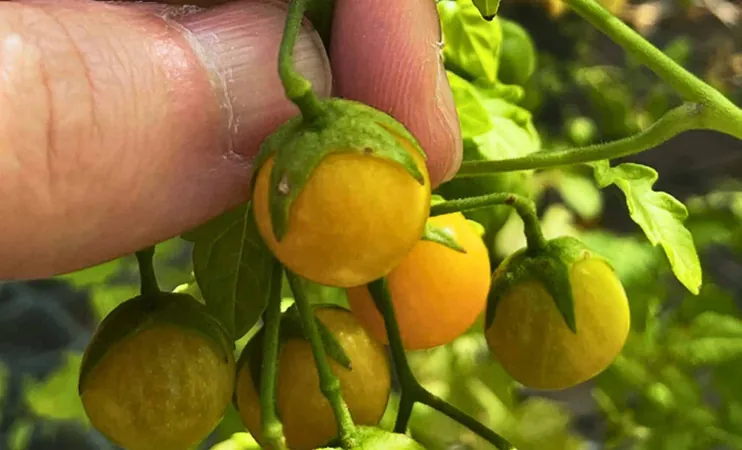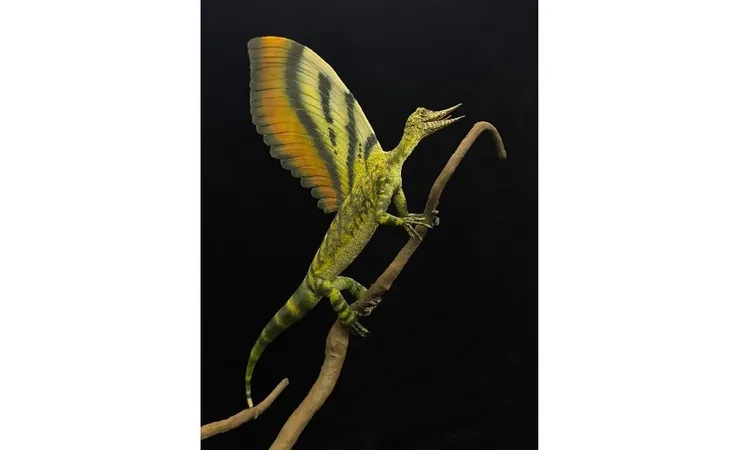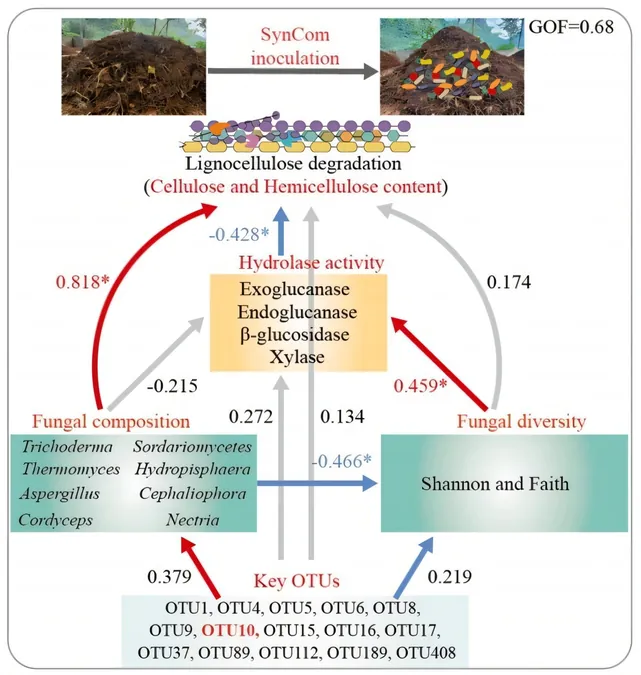
Galápagos Tomatoes Stun Scientists with Extraordinary Evolutionary Reversal!
2025-07-14
Author: Emily
Incredible Discovery: Tomatoes Evolve Backwards!
In a groundbreaking revelation, researchers have uncovered that wild tomatoes on the Galápagos Islands are evolving backwards—yes, you heard that right! This astonishing discovery challenges our traditional understanding of evolution, suggesting that the journey of species is not always linear.
Tomatoes Dial Back the Clock in the Galápagos
A dedicated team from the University of California, Riverside (UC Riverside) and the Weizmann Institute of Science in Israel has made this eye-opening finding in their latest study published in Nature Communications. They focused on two unique tomato species, Solanum cheesmaniae and Solanum galapagense, native to the Galápagos Islands. Observations indicated that these wild tomatoes, especially from the western isles, are reverting to ancestral traits that had vanished millions of years ago.
These remarkable plants have started producing alkaloids—natural chemicals that function as a defense mechanism against predators—akin to those found in their ancient relatives, such as eggplants. Even more intriguing is that these alkaloids are an ancient form, hinting at a genetic regression that raises eyebrows in the scientific community.
Unraveling the Alkaloid Mystery
Through meticulous analysis of 56 tomato samples from across the archipelago, scientists discovered striking differences in alkaloid types between plants from the eastern and western islands. While eastern tomatoes produced modern alkaloids similar to cultivated varieties, those from the west—home to younger, more barren landscapes—were generating ancient chemical variants.
These alkaloids, known for their toxicity to herbivores, offer remarkable protection to the plants. The findings indicated that an enzyme responsible for alkaloid production underwent a change due to a simple alteration of a few amino acids, ultimately triggering the re-emergence of older alkaloid forms.
A New Perspective on Evolution: Is It Really a One-Way Street?
Traditionally, evolutionary theory posits that species adapt over time to become better suited to their environments, but this discovery turns that idea upside down. Dubbed "genetic atavism," this fascinating phenomenon reveals that species can revert to ancestral traits previously thought to be irrevocably lost. While such occurrences have been noted in controlled conditions—like chickens regrowing teeth—this marks one of the first documented instances of it happening in wild plants!
The fact that these backward-evolving tomatoes thrive in the western Galápagos islands—less than half a million years old—sparks compelling questions about how quickly and profoundly evolutionary changes can unfold. The study suggests that environmental pressures, particularly the harsh conditions of these younger islands, may be driving this astonishing genetic reversal.
What’s Next? Implications for Genetic Engineering and Crops
The ramifications of this extraordinary discovery extend far beyond mere academic interest. Understanding how nature can seemingly "rewind the clock" on evolution paves the way for innovative genetic engineering techniques. Scientists are eager to manipulate these biological insights to enhance crop resilience against pests while potentially creating safer, less toxic varieties.
As molecular biochemist Adam Jozwiak from UC Riverside, who spearheaded the study, stated, "This research represents a pivotal step toward comprehending how nature orchestrates these shifts, which could ultimately help us develop better pest resistance or even produce healthier food options."









 Brasil (PT)
Brasil (PT)
 Canada (EN)
Canada (EN)
 Chile (ES)
Chile (ES)
 Česko (CS)
Česko (CS)
 대한민국 (KO)
대한민국 (KO)
 España (ES)
España (ES)
 France (FR)
France (FR)
 Hong Kong (EN)
Hong Kong (EN)
 Italia (IT)
Italia (IT)
 日本 (JA)
日本 (JA)
 Magyarország (HU)
Magyarország (HU)
 Norge (NO)
Norge (NO)
 Polska (PL)
Polska (PL)
 Schweiz (DE)
Schweiz (DE)
 Singapore (EN)
Singapore (EN)
 Sverige (SV)
Sverige (SV)
 Suomi (FI)
Suomi (FI)
 Türkiye (TR)
Türkiye (TR)
 الإمارات العربية المتحدة (AR)
الإمارات العربية المتحدة (AR)